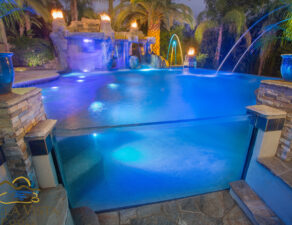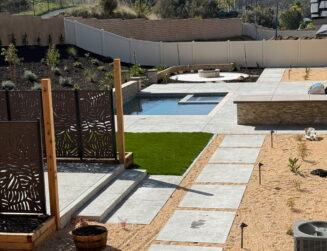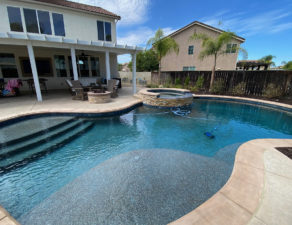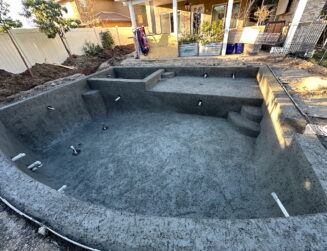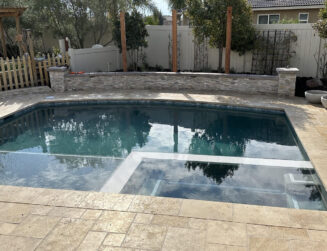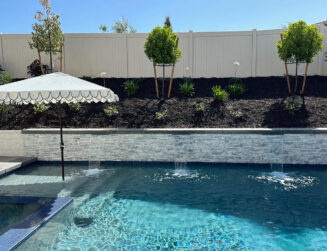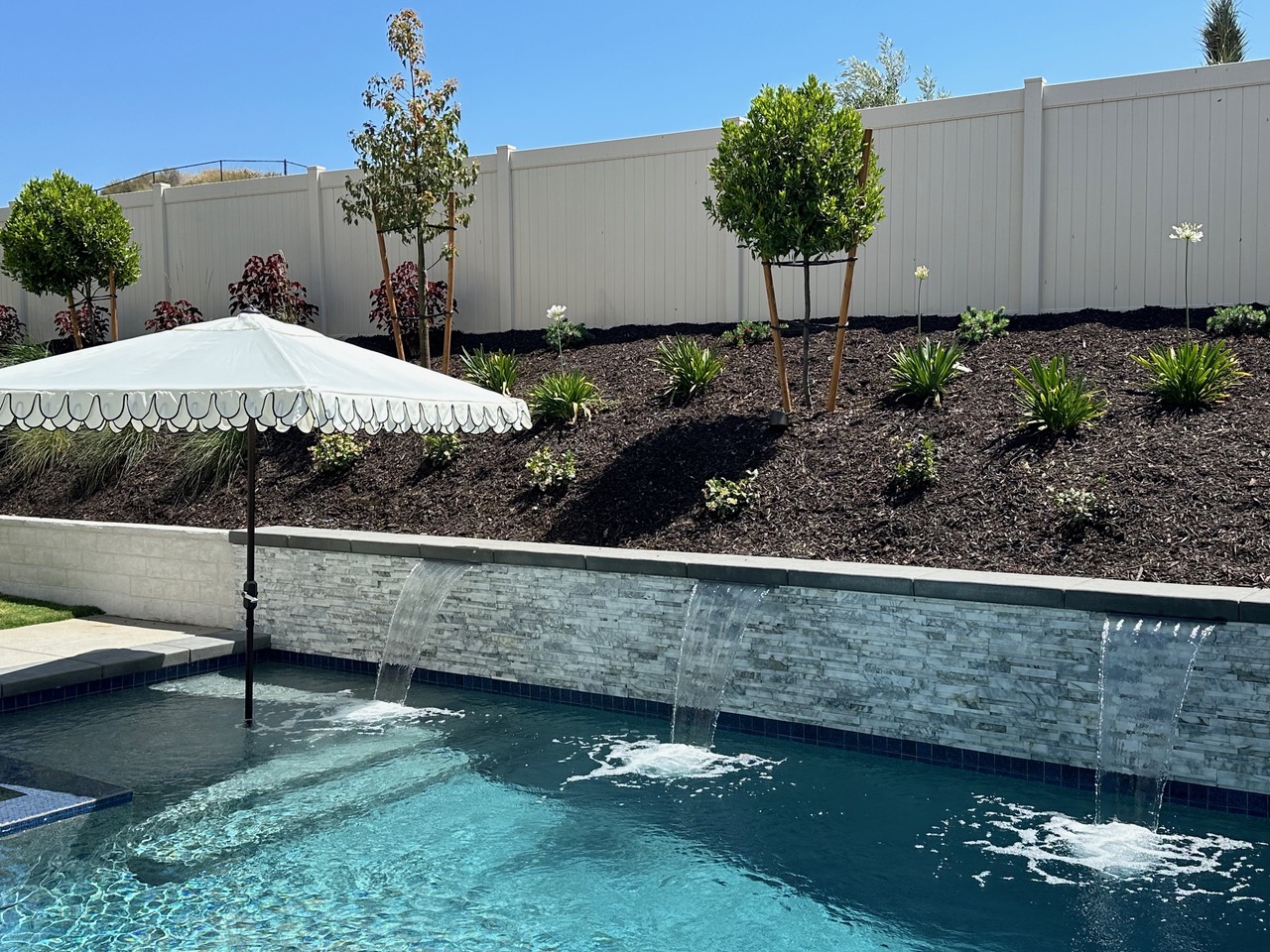
When planning your pool construction in Temecula, one of the first decisions you’ll need to make is whether you want a traditional chlorine pool or a saltwater pool. Both have their benefits, but they operate differently and require different types of maintenance. Here’s a breakdown of the key differences between the two.
Chlorine Pool
Chlorine pools have been the standard for decades and are effective at keeping pools clean and free of bacteria and algae. Chlorine is typically added to the water in the form of tablets, granules, or liquid. It works by killing harmful microorganisms and maintaining water clarity. However, maintaining the proper chemical balance can require frequent testing and adjustments. Some people find chlorine harsh on the skin and eyes, and it can have a strong odor.
Saltwater Pool
A saltwater pool, on the other hand, uses a salt chlorine generator to convert salt into chlorine. While it does still produce chlorine, it does so at a lower and more consistent rate, which means the water tends to feel softer and gentler on the skin. Many people appreciate that saltwater pools require fewer chemicals and less maintenance overall. The salt levels in a saltwater pool are much lower than ocean water, so it won’t feel like swimming in the sea.
Maintenance and Cost
In terms of maintenance, chlorine pools require more manual adjustments, including regular additions of chlorine and frequent pH balancing. Saltwater pools need less daily maintenance, but the upfront cost of the salt chlorine generator can be higher, and the system needs to be checked regularly to prevent salt build-up.
When it comes to pool construction, choosing between a chlorine or saltwater pool depends on your preferences for maintenance, cost, and the swimming experience. Understanding the differences will help you build the pool that best suits your needs. Let’s discuss your needs in more detail, and our landscapers in Temecula will help you make the choice that works best for you.


